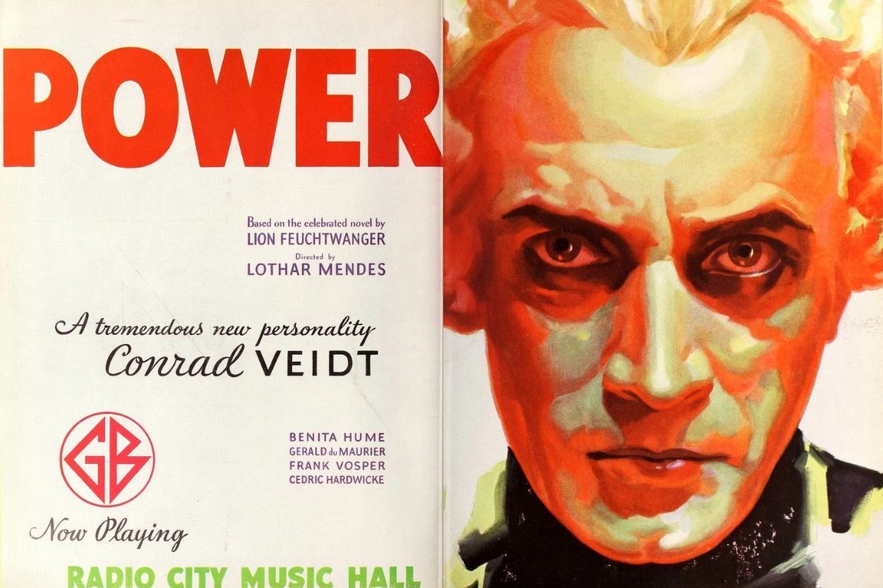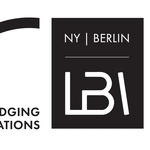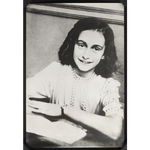Two Films about Jew Süss

- Date/Time
- –
- Venue
- Forchheimer Auditorium (map)
Center for Jewish History
15 West 16th St.
New York, NY 10011 - Format
- In person
- Admissions
- LBI/CJH/Partner Members, Students, Seniors: $5
General: $10
Power /Jew Süss (UK, 1934), directed by Lothar Mendes with Conrad Veidt in the leading role, is the first important film of the German-Jewish exiles. The film is based on the novel by Lion Feuchtwanger who cooperated, though in a critical vein, with the efforts to transfer his work to the screen. The film was intended to give an answer to the rise of German antisemitism. It was in many ways innovative and the Nazi film minister Goebbels was infuriated. The racist idea to transform the original story and the film into a visual piece of murderous antisemitism and to steal as much visuals as possible from the exiles` film was born at this time but it took years until the Nazi filmmaker Veit Harlan directed his antisemitic film Jew Süss.
The talk will illustrate the production, the ensuing discussion about the 1934 film, Feuchtwanger's reaction, and the Nazi endeavors to use the film of 1934 as supportive means for mass murder. The talk will compare film sequences and try to answer the question why the Nazi film today is much more known than the anti-Nazi film.
Frank Stern studied at the Free University Berlin, the Hebrew University in Jerusalem, and received his PhD from Tel-Aviv University where he taught Modern History and Culture. From 1997 to 2004 Professor for Modern German History and Culture and director of the Center for German Studies and the Austrian-German Studies Program at Ben-Gurion University in Beer-Sheva, Israel, and 2002 Acting Chair at the Department of Film and Television at Sapir College, Sederot. Visiting Professor at Columbia University in the City of New York, at Georgetown University, Washington DC, at Humboldt University Berlin, and at Vienna University. Since 2004 teaching cinema and cultural history at the Institute for Contemporary History at Vienna University.
He published widely on postwar Germany, on problems of philosemitism and antisemitism (The Whitewashing of the Yellow Badge), on American-German-Israeli relations, on German-Jewish issues, and particularly on German, Austrian and US-American film.



